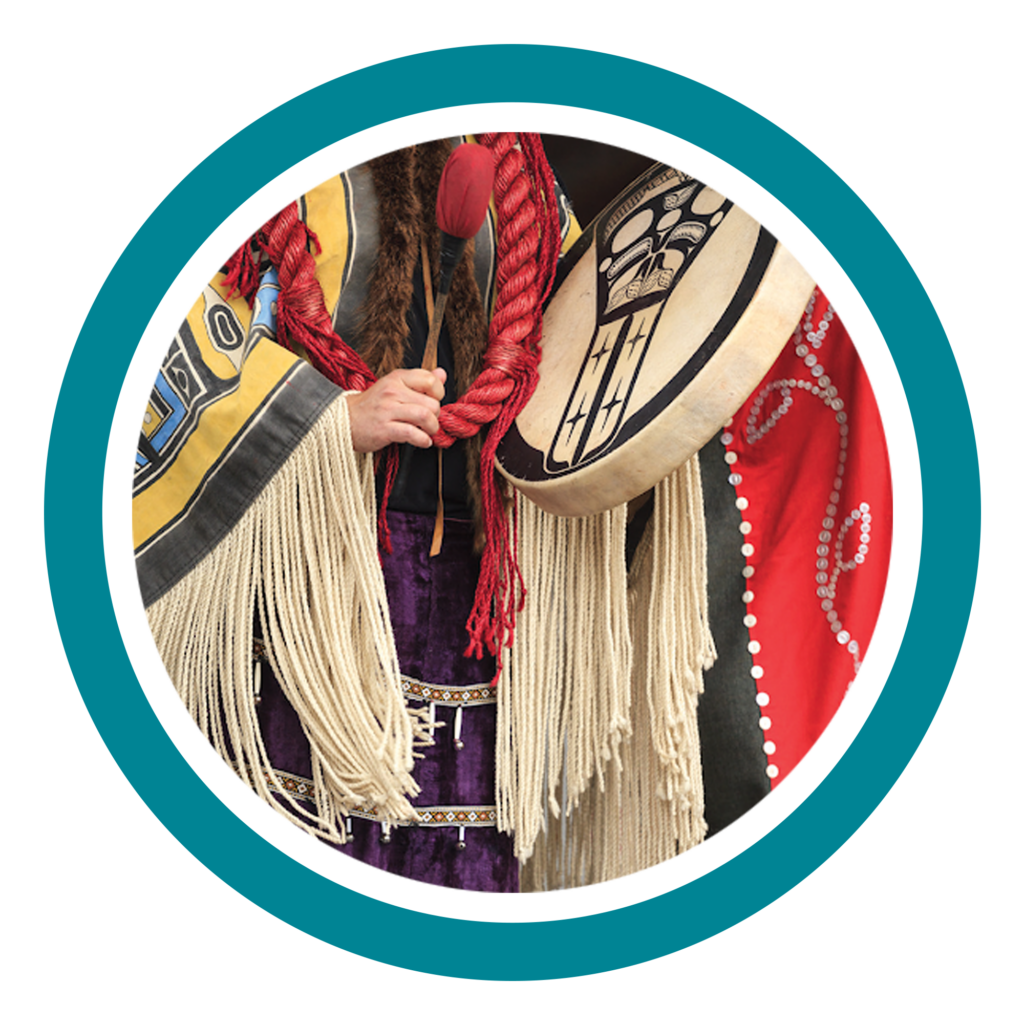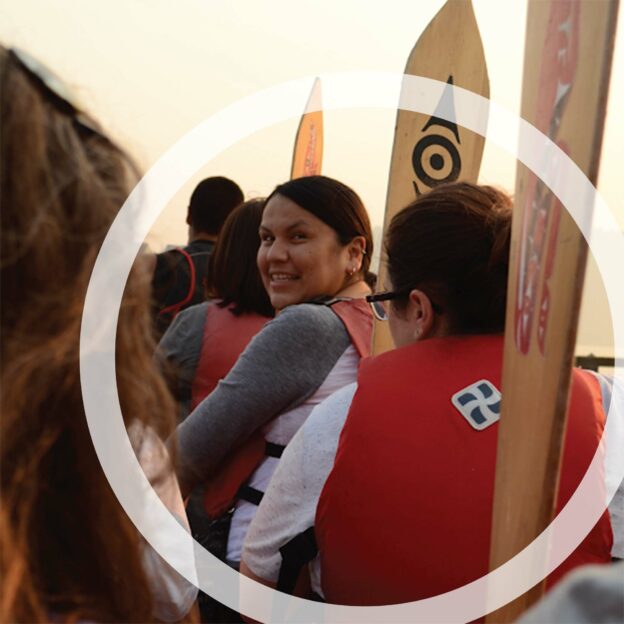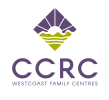
Connections Course 1: Introduction to Assessment in Early Learning
Hello and welcome to Connections Course One: Introduction to Assessment in Early Learning

Hello and Welcome to the Journey
Welcome to An Introduction to Assessment in Early Learning, the first of our three Connections Courses. These courses have been specifically designed for educators working in Indigenous Early Learning and Child Care programs (ELCC), however, much of the content and concepts are relevant to educators working with children in a wide variety of Early Learning and Child Care (ELCC) settings.
The courses are offered in an asynchronous, or self-paced way. We acknowledge that it can be challenging to fit additional training and education into your busy lives. Therefore, we suggest you work through the content week-by-week, at your own pace.
Once you complete each module you will have access to the following one. You will still be able to return to content you have reviewed in prior modules whenever you wish.
Throughout the course there are invitations to complete activities, questionnaires, and journal entries. This will help you keep track of your learning as you move through the content. There is also a section with additional readings and a glossary section for you to access at any time.
Throughout this first course you will be invited to think about assessment holistically; consider the value of using non-standard assessment methods; and reflect on assessment within the context of IELCC settings.
Learning Outcomes of Connections Course Part One: An Introduction to Assessment in Early Learning:
- Consider the role of educators in the lives of young children
- Describe a holistic interpretation of the term ‘assessment’ as used in early childhood settings
- Consider the importance of a strength-based approach to assessment
- Reflect on the role assessment can play in continuing practices of colonization
- Reflect on the continuum of current assessment practices in Indigenous early years settings
- Recognize the importance of listening and relationship development as cornerstones of learning deeply about children, families, educators and the teaching, learning and care environment
We have endeavored to share Canadian resources and articles that explore this content and where possible we focus on working in an Indigenous context.
We look forward to sharing and learning with you.
© 2014 BC Aboriginal Child Care Society
© 2019 BC Aboriginal Child Care Society; Vancouver Island University
© 2025 BC Aboriginal Child Care Society
All Rights Reserved
Course Copy (not for distribution)
BC Aboriginal Child Care Society
102-100 Park Royal South
West Vancouver, BC V7T 1A2
Tel: 604-913-9128
Email: coordinator@acc-society.bc.ca
Website: www.acc-society.bc.ca
BC Aboriginal Child Care Society
The BC Aboriginal Child Care Society (BCACCS) offers a variety of services that provide early childhood education professionals, support service professionals, and Indigenous children and families access to early learning programs, resources, training, research, and community services that are culturally based. BCACCS supports Indigenous communities to develop high-quality, culturally respectful, spiritually enriching, community child care services that are based in the child’s culture, language, and history.
ACKNOWLEDGMENTS
Course Content

Course Includes
- 6 Modules
- 22 Lessons





